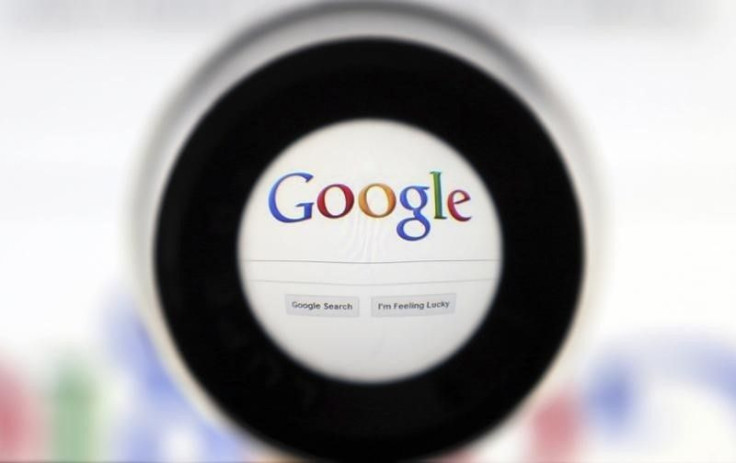Google It: Increased Smartphone Use May Lower Analytic Thinking, Intelligence

Smartphones are a modern day catch-22. For one, it’s easier than ever to access, download, and share a wealth of information — while on the other hand, screens disrupt our sleep and social media messes with our mental health (among other things). And a new study suggests it gets worse for otherwise intuitive thinkers.
Intuitive thinking means people rely on their gut instinct and feelings to make decisions. These types of thinkers, researchers from the University of Waterloo found, also tend to use their smartphone’s search engine to look up information they may already know or could easily learn. On the other hand, analytical thinkers think less intuitively, more logically.
"Decades of research have revealed that humans are eager to avoid expending effort when problem-solving, and it seems likely that people will increasingly use their smartphones as an extended mind," Nathaniel Barr, study author and postdoctoral researcher at Waterloo, said in a press release.
Barr and his team compared these cognitive thinking types, as well as verbal and numeracy skills, to 660 participants' smartphone habits across three different studies. The participants who demonstrated greater cognitive skills and willingness to think analytically were the ones who used their phone’s search engine less. Those who thought more intuitively used their smartphone as an “extended mind,” or the primary source of information in their everyday lives.
Gordon Pennycook, co-author of the study, said these findings support an association between heavy smartphone use and lowered intelligence — but whether smartphones actually decrease intelligence is still up for debate.
The amount of time participants used their smartphones for social media and entertainment (and how prone they were to boredom) did not qualify of the study’s results.
"Our reliance on smartphones and other devices will likely only continue to rise," Barr said. "It's important to understand how smartphones affect and relate to human psychology before these technologies are so fully ingrained that it's hard to recall what life was like without them. We may already be at that point."
Critical thinking is an important skill to have, if not required in certain environments, so it wouldn’t hurt to build this muscle in the meantime. Don’t worry: It’s possible to do this without the formal, textbook lessons you might have received in school.
For example, visiting museums have been shown to improve critical thinking. One study found culture and art exposes a person to a diverse set of ideas, thus challenging them with different perspectives on human condition. Additional research shows crossword and Sudoku puzzles, plus strategy board games, boost critical thinking, too.
Source: Barr N, et al. The brain in your pocket: Evidence that Smartphones are used to supplant thinking. Computers in Human Behavior, 2015.



























